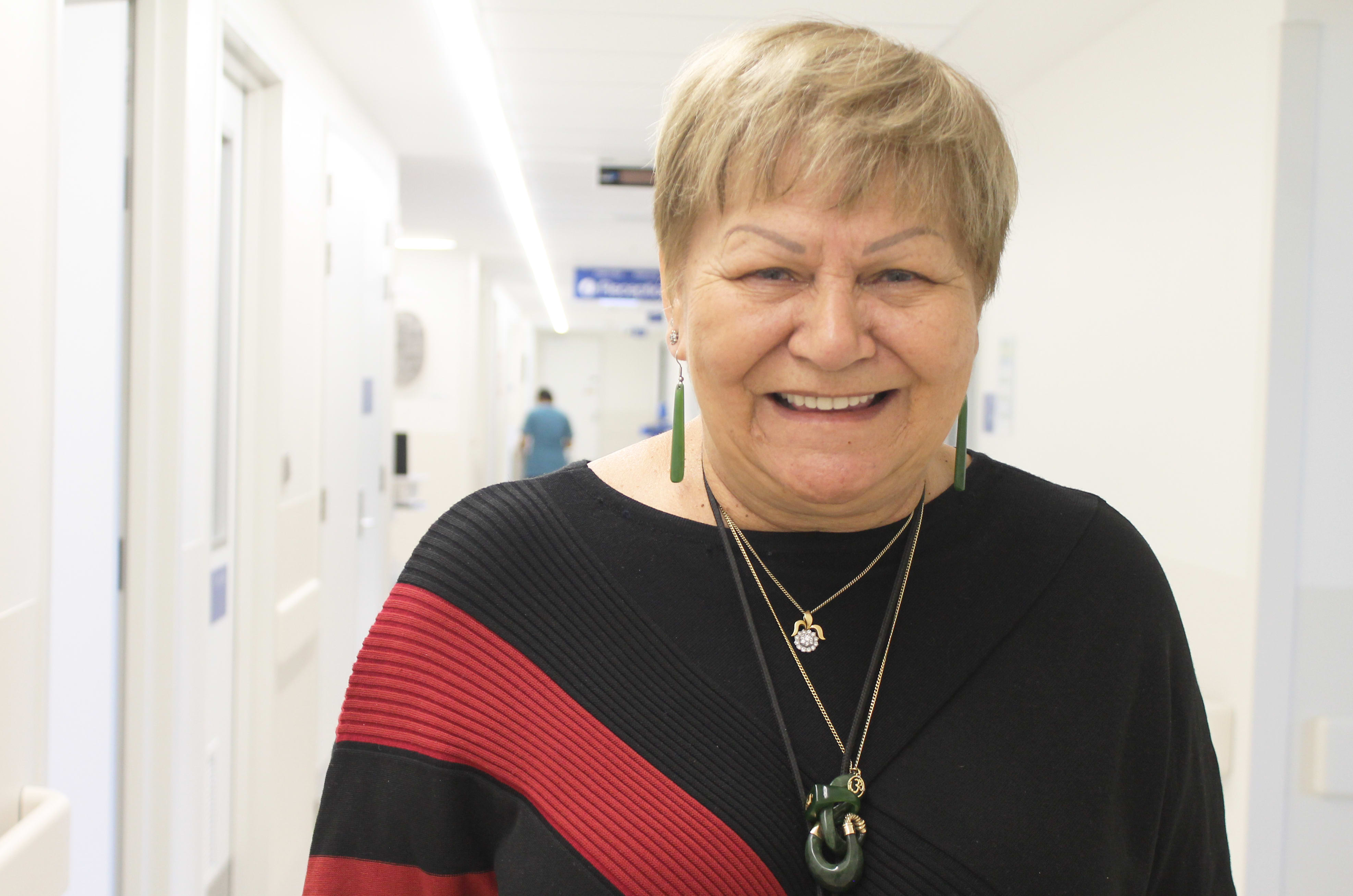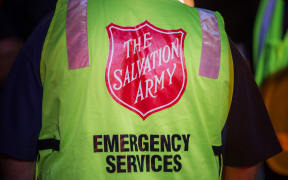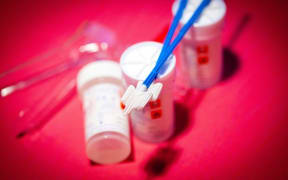Auckland's Waitematā District Health Board has been overwhelmed with staff wanting to learn te reo Māori in an attempt to help improve health outcomes for Māori.

Dame Naida Glavish is chief advisor tikanga at Waitematā DHB. Photo: Supplied
The DHB has had 400 people wanting to do the courses which have started a week ago.
Its chief advisor tikanga Dame Naida Glavish said there were many inequities and barriers for Māori in the health system and staff learning the reo was a move in the right direction to bridge that gap.
She said learning Māori was so much more than learning a language and the impact is much wider. She said they would be learning a whole range of other things; that one kupu (word) has a concept which takes a whole paragraph to explain.
Dame Naida said proper pronunciation of Māori names by non-Māori creates inclusivity and is powerful in staff building valuable relationships with patients.
She said staff had been incredibly enthusiastic.
"Some want to take the reo because they want to pronounce names accurately and properly and there are those who want to learn the reo because they will learn the tikanga that goes with it."
The DHB has been implementing tikanga best practice across the hospitals, which it said had been challenging, but the classes would make the implementation of this practice much easier.
One of the students, Dr Ian Wallace, is director of clinical training at Waitematā DHB which means he is responsible for the education, supervision and pastoral care for the post graduate year 1 and 2 doctors, which is more than 100 doctors.
His motivation to do the classes was to help him better understand the culture and improve his pronunciation - and, most importantly, to provide better support to Māori post-graduate doctors as there were more and more coming through.
"It will definitely improve communication with their patients and whānau when they visit ... it can only benefit everybody ... knowing the language is key. If you know the language then you will understand the culture, then you can communicate better and therefore provide better care."
Staff across the board at the DHB have been doing the classes, which are being run by Te Whare Wānanga o Awanuiārangi on site at its hospitals.







